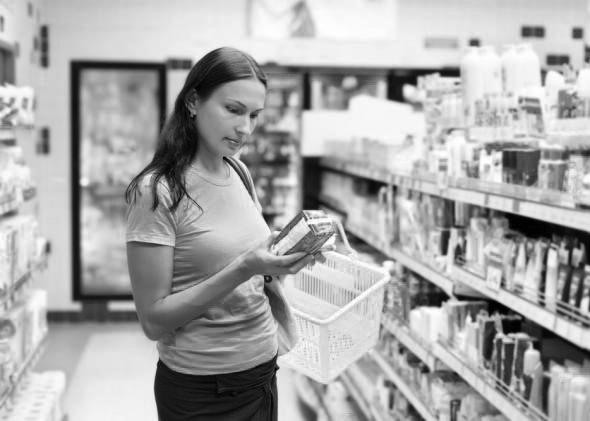By Nyah Toomes
Staff Writer
In most states, groceries and medical supplies are exempt from sales taxes, but in all states except for five, pads and tampons are not. Enforcing taxes on these sanitary items implies that they are not a necessity, but, rather, a luxury. Taxation of feminine products is unfair because periods are a natural bodily function, and the public should recognize that pads and tampons are unavoidable and essential products for women.
According to the New York Times, “Women in California spend an average of $7 a month on tampons and pads. For those living in poverty, that cost is significant.”
It is especially difficult for low-income women without jobs to afford pads and tampons. Additional taxes on these products only decrease their accessibility, exposing women to discomfort and potential health problems during their periods.
“I think it’s wrong because women can’t help having their periods,” stated junior, Michelle Wee, “and taxing on pads and tampons is like taxing someone for being a woman.”
For women, periods are not a choice. Menstruation occurs monthly as a natural mechanism to rid the body of excess blood and tissue. It is a necessary process to keep females’ bodies healthy, and women should not be taxed for something that they cannot control.
A reason only a handful of states have lifted the sales tax on tampons and pads could be that the institutions of power are male-dominated, and officials have failed to consider how these taxes are affecting women everywhere. As a result, women lack representation in making decisions about legislation that directly impacts their health and lifestyle.
Vogue Magazine stated that while items like Chapstick, anti-dandruff shampoo, and, in some cases, Viagra are tax-exempt, feminine hygiene products are subjected to charges that discriminate against women.
Even without sales taxes, feminine products are still not affordable for some women. Julia Ferreras-Copeland, a New York City Council member, is working to require that all public schools in the city provide tampons and pads in the restrooms at no cost, since they are currently inconveniently priced at 25 cents in most public restrooms. She is also working with the Department of Homeless Services to make feminine products more accessible to homeless women, reported the Huffington Post.
If changes cannot be made to make tampons and pads free for women, cutting sales taxes to at least make them more affordable are be a step in the right direction. Women should continue working towards getting the taxes removed and fighting for gender equality.


